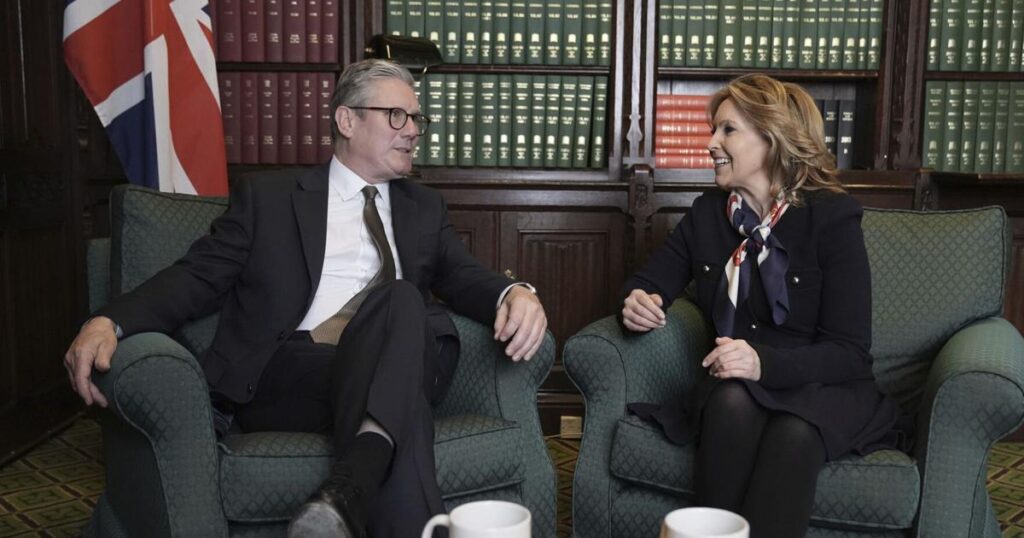Local elections in the UK do not attract much attention internationally. That's wrong. In general, these are good indicators of how parties will perform in national elections.
In the May 2 election, the Liberal Democratic Party won a landslide victory with an increase of 768 seats. Labor won 545 votes and the Greens 480, while the ruling Conservative Party lost a massive 1,783 seats.
This year marks the third year in a row that the Liberal Democratic Party has made great strides. It won a net 415 seats last year, compared to 224 the year before. Cumulatively this is very significant and could signal a realignment of British politics.
The United Kingdom (Great Britain and Northern Ireland) has a complex tapestry of local government. These elections included London Borough Councils, local authorities in Scotland and Wales, and the Northern Ireland Assembly.
Chancellor Rishi Sunak's Conservative Party suffered a crushing defeat, following a crushing defeat in last year's election. Difficulties related to Brexit, the withdrawal from the European Union, are part of that explanation, with widespread political, social and economic disruption, some of which is of a severe nature. Inflation was very high but is now slowing down.
Others are also reading…
Mr Sunak's predecessor, Boris Johnson, left major problems for the Conservative Party. That includes a scandal in which members of Johnson's government broke their own pandemic rules to attend a party.
The government maintains the huge majority in the lower house it won in the December 2019 general election, but it now faces domestic political challenges.
In the 19th century, the popular Victorian musical team of Gilbert and Sullivan could declare that all babies were born “a little liberal or a little conservative.” In the 20th century, the working class rose to gain the right to vote, and their sheer numbers meant that the Labor Party was replaced by the Liberal Party.
Nevertheless, the dominance of the two major parties remained.
The second half of the 20th century saw the rise of Scottish and Welsh nationalist parties, the resurgence of the Liberal Party, and a continued increase in support for its successor, the Liberal Democrats. Single-issue parties also benefited. The Brexit Party and the Green Party focused on leaving the European Union and promoting environmental issues, respectively.
Conservative Prime Minister Theresa May succeeded David Cameron in 2016 after the country suffered an unexpected defeat in the referendum to remain in the European Union. She negotiated a complex withdrawal agreement with the Eurocrats in Brussels, only to face three rejections in parliament, including from her own party.
Finally, the well-meaning and upstanding citizen May was replaced by the bombastic Boris Johnson. Mr Johnson hastily passed the General Withdrawal Bill, delaying the details. The ultimate price includes renewed violence in Northern Ireland, but Britain has left the EU.
On 2 May 2019, both the Conservative Party and Labor Party lost local government elections in England and Northern Ireland. The Liberal Democrats and Greens made notable gains. In 2020, local elections were postponed due to the pandemic. In 2021, the Scottish National Party made significant strides along with the Greens and Liberal Democrats.
Professor John Curtis of the University of Strathclyde in Scotland is insightful and influential. His analysis for the BBC (British Broadcasting Corporation) looks at the successes of the Liberal Democrats.
A significant number of people support the Liberal Democrats precisely because they are not part of the traditional Conservative or Labor establishment. Many of these partisans considered it treason to join the Conservative Party in the 2010-2015 coalition government, which resulted in the Liberal Democrats suffering a major reversal in the polls.
Today, as ever, Britain is both intensely partisan and stable. Decades ago, Professor Samuel H. Beer provided a lasting analysis. His approach emphasizes long-term change within stability.
Read more: “British Politics in the Age of Collectivism” by Samuel H. Beer (Random House)
Arthur I. Seal is the author of The Liberal Politics of England. (Transactions, distributed by Routledge). Please contact acyr@carthage.edu.


